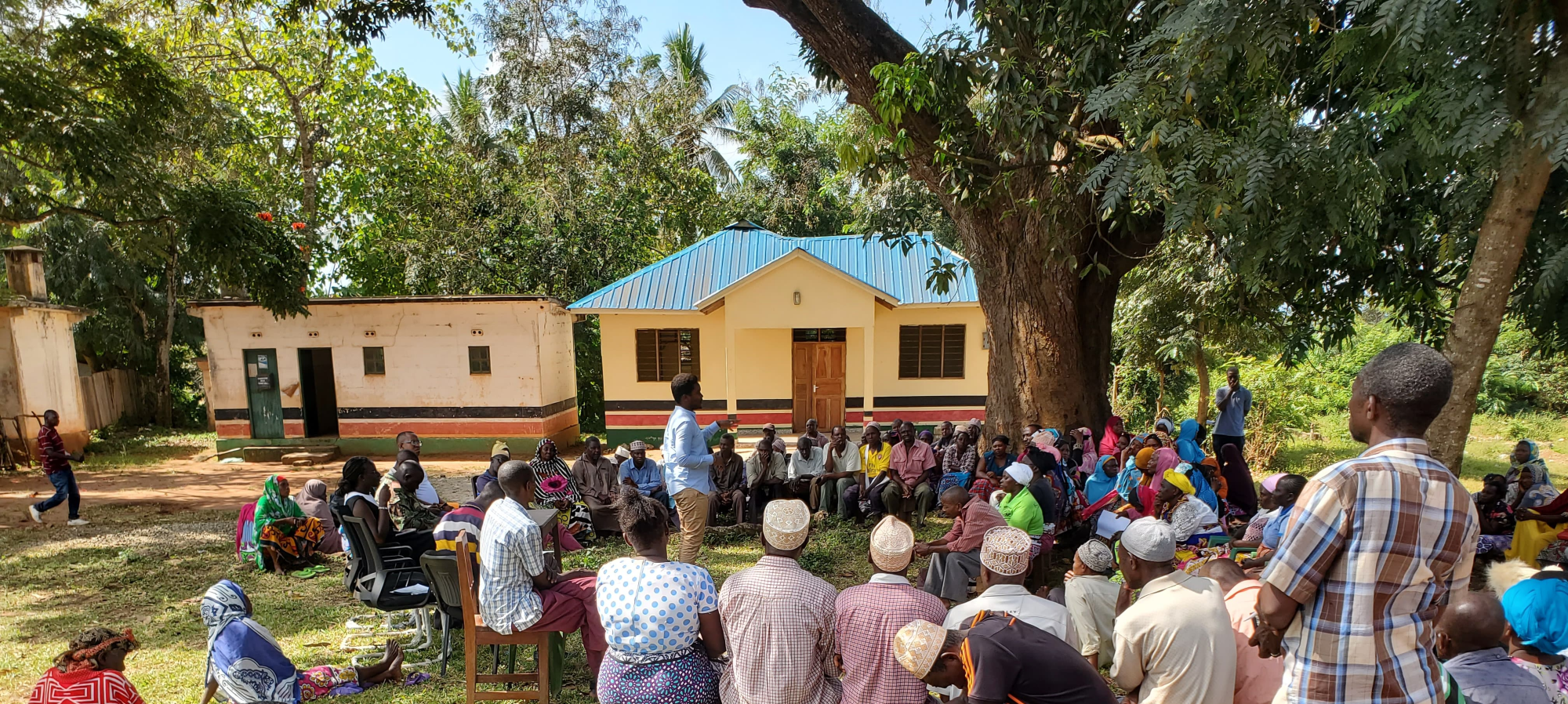
The mass drug administration trial to explore ivermectin's potential to reduce malaria transmission begins in Kenya's Kwale County.
BOHEMIA: Ivermectin for malaria control
The Broad One Health Endectocide-based Malaria Intervention in Africa (BOHEMIA) project, commences its mass drug administration (MDA) activities in Kenya’s Kwale County. Led by co-principal investigators Dr. Marta Maia and Dr. Joseph Mwangangi from the KEMRI-Wellcome Trust Research Programme, the MDA in Kenya aims to assess the effectiveness of ivermectin as an innovative tool to combat malaria transmission by reducing mosquito populations. It is the second trial being conducted as part of the study funded by Unitaid and led by the Barcelona Institute of Global Health (ISGlobal).
Ivermectin for malaria: A novel strategy
While bed nets have been successful in reducing malaria cases, mosquitoes have developed resistance to insecticides and are changing their biting behaviors, leading scientists to seek novel and complementary vector control strategies to reduce malaria. Ivermectin, a drug commonly used for parasitic infections can increase the mortality of mosquitos that feed on treated humans or animals during a time period that can be up to 28 days, depending on the dose. Thus, the project will evaluate whether administering ivermectin in communities can disrupt and reduce malaria transmission.
Working with the community for malaria control
The BOHEMIA study design involves extensive community engagement to raise awareness about the intervention. For this purpose, researchers from the study’s ‘social science’ arm are living within the study sites, with the community to learn about people’s lifestyles and the acceptability of the ivermectin MDA. This includes community engagement activities with stakeholders such as government representatives and religious leaders.
If successful, this new approach of using ivermectin for malaria control will be an affordable and safe addition to the malaria toolkit.






